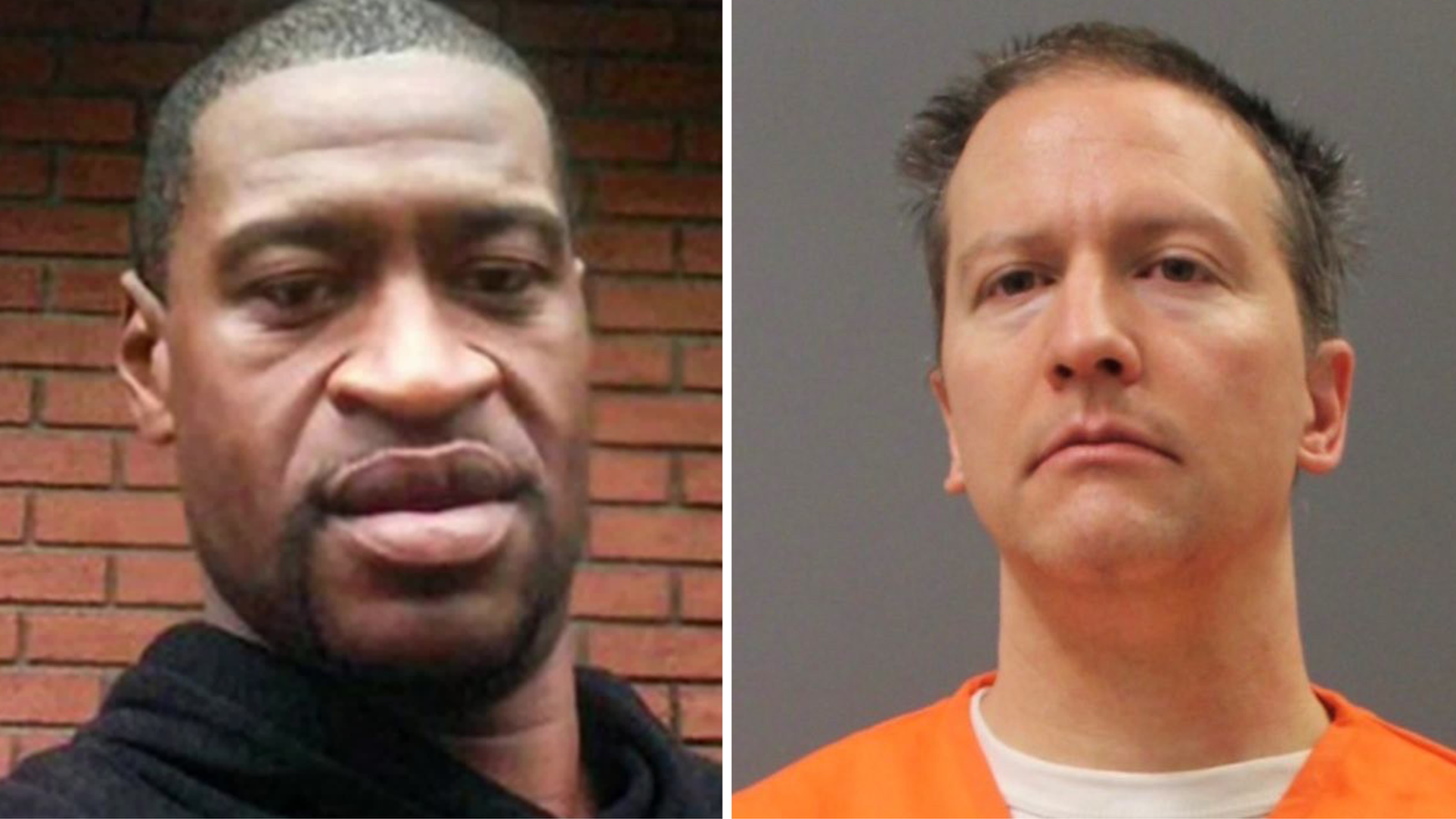The former Minneapolis police officer jailed for the murder of George Floyd has appealed against his conviction.
Derek Chauvin was sentenced in June to 22-and-a-half years in a case that made global headlines and sparked protests.
He had 90 days to lodge an appeal from date of sentencing and the application is based on five specific issues:
Chauvin was convicted after a video showed the white former police officer with his knee on the neck of Mr Floyd, a black man, for more than nine minutes while arresting him on 25 May 2020.
Mr Floyd was being arrested on suspicion of using a fake $20 note but he was handcuffed, restrained, and repeatedly called out “I can’t breathe” before he died.
Please use Chrome browser for a more accessible video player
In sentencing Chauvin, Judge Peter Cahill said he had gone beyond the 12-and-a-half-year jail term prescribed under state guidelines, citing Chauvin’s “abuse of a position of trust and authority and also the particular cruelty” shown to Mr Floyd.
He said the sentence was not based on “emotion or sympathy” or on “public opinion…or an attempt to send any messages”.
The death of Mark Duggan: What do police killings change?
Black Lives Matter: Police launch investigation after mural of Breonna Taylor and George Floyd vandalised
Derek Chauvin sentence sparks disappointment and anger, but many acknowledge historic moment in US justice
But he added: “At the same time, I want to acknowledge the deep and tremendous pain that all the families are feeling, especially the Floyd family. You have our sympathies.”
The case re-energised the Black Lives Matter movement, with protests across the US and in other countries against racial inequality and police brutality.
Fewer than a dozen police officers have been sentenced for an on-duty murder in the US in the last 15 years and Chauvin is the first white police officer in Minnesota to be convicted of killing a black man.






















